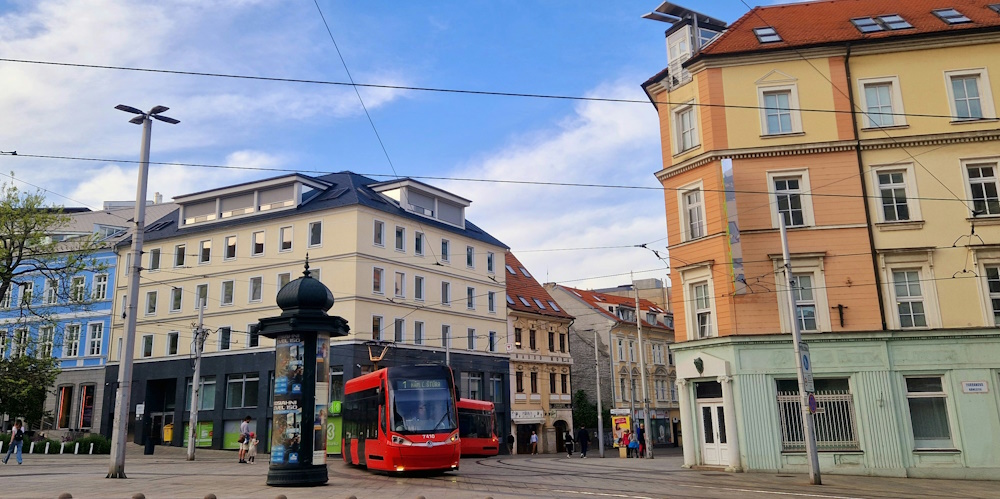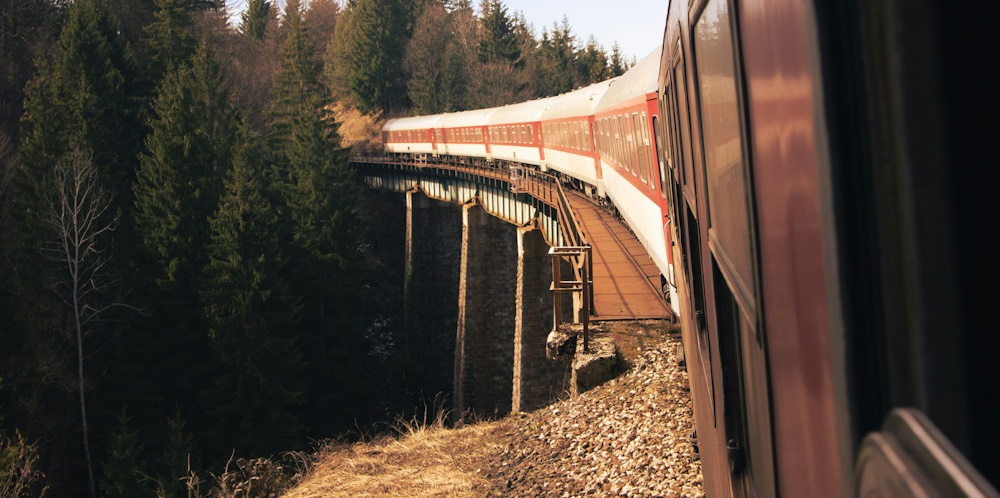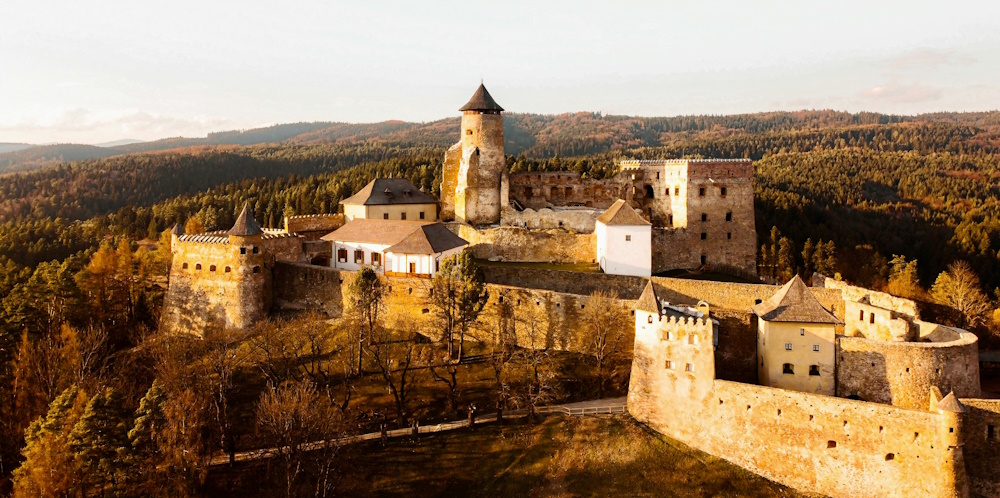Slovakia, or the Slovak Republic, is a landlocked country in the very centre of Europe, bordered by Poland, Ukraine, Hungary, Austria and the Czech Republic. In the north, the picturesque Carpathian Mountains stand guard, while a good portion of the rest of the country is covered in lush forests.
Living in Slovakia as an expat
Emerging from its socialist past as part of Czechoslovakia, Slovakia underwent a significant economic restructuring after independence in 1993, shifting from state-controlled industry to a private-sector-led model integrated into global markets. While privatisation and foreign investment reshaped the economy, the state maintains roles in strategic sectors and social welfare, reflecting a balance common to many post-communist transitions. Slovakia’s relatively low cost of living and low taxes combined with a great range of outdoor pursuits and natural splendour have made it an attractive choice for relocation. That said, Slovakia is still trying to shake off the socio-economic problems that accompanied its bid for independence, including corruption and cronyism.
If you’re qualified, you will find plenty of work opportunities in the two main driving sectors behind the country’s growing economy, namely the services sector and the manufacturing industry. Slovak is the official language of business in the country. Although English is increasingly accepted and understood in business and tourism, German is still a little more common due to Slovakia’s proximity to, and former occupation by, Germany.
The price of renting or buying a home here is slowly rising but still comparatively cheap. You will most likely have to reserve a sizeable portion of your pay cheque for accommodation closer to the city centres. There are no restrictions on buying property for foreigners, and Slovak property is largely considered a safe investment.
Slovakia has a reasonably extensive public transport system. Cities such as Bratislava are serviced by buses, trams, trolleybuses and taxis, making it easy to get around and explore. There are also international bus services to other countries, and buses that run between Bratislava and its surrounding villages and towns. Commuting by bicycle is also easy throughout city centres. Driving in Slovakia is relatively safe, with roads that are in great condition and extensive signage. The country does have a reputation for aggressive motorists, though, and you should drive defensively.
The country provides universal healthcare for its citizens. Residents can choose between three different healthcare companies, one of which is government-based. Although public healthcare coverage is wide, the public system is often understaffed and facilities are somewhat lacking, resulting in most expats, and even some locals, opting for private healthcare instead.
Cost of living in Slovakia
The cost of living in Slovakia is rising quickly. Housing can be expensive, but food, utilities, and dining out remain relatively affordable, especially for those who know where to shop. Free schooling, public healthcare, and low taxes also make Slovakia an attractive destination for many foreigners.
Bratislava, the capital, has a cost of living comparable to that of midsized Western European cities. While some expenses, such as rent in central areas, can be high, other day-to-day costs tend to be more budget-friendly, making it possible to maintain a comfortable lifestyle without excessive spending.
Families and children in Slovakia
If you’re moving to Slovakia with your family, you should investigate schools thoroughly. Although free Slovak-language public education is provided, there are also a number of other options in the cities for Spanish, Hungarian, French or German speakers, as well as a handful of international-curriculum English-speaking schools. Large cities like Bratislava also have a few private schools that offer quality education.
Although not a traditional tourist destination, Slovakia has a lot to offer. Unspoilt natural attractions such as the Tatra and Carpathian mountain ranges, dense forests, and UNESCO-listed caves and rock formations are sure to keep hikers, skiers and nature lovers occupied. Those with an interest in history will be able to delve into the region’s rich past, as Slovakia has one of the highest numbers of castles and ruins per capita in the world. In addition, there are world-famous spas built around the country’s natural thermal springs.
Climate in Slovakia
The climate in Slovakia is continental, with a marked difference between the four seasons, especially the freezing winters and warm summers.
Ultimately, Slovakia may still be seen as something of a left-field choice for expats, but it is slowly increasing in popularity, not only for tourists and adventurers but for foreigners who decide to build a home here long term. With the low cost of living and the variety of interesting sights and experiences, you are sure to settle easily into life in this European country.
Fast facts
Population: 5.5 million
Major religions: Catholicism and Protestant Christianity
Capital city: Bratislava (and largest city)
Legal system: Parliamentary republic
Main languages: Slovak, Hungarian, Roma
Time: GMT+1 (GMT+2 from late March to late October)
Electricity: 230V, 50Hz. Plugs: Type C and E. Type C plugs have two round pins, and Type E plugs have two round pins with a hole for the earth pin on the socket.
Currency: Euro (EUR)
International dialling code: +421
Emergency numbers: 158 (police), 150 (fire), 155 (ambulance)
Internet domain: .sk
Driving: Driving is on the right-hand side.




